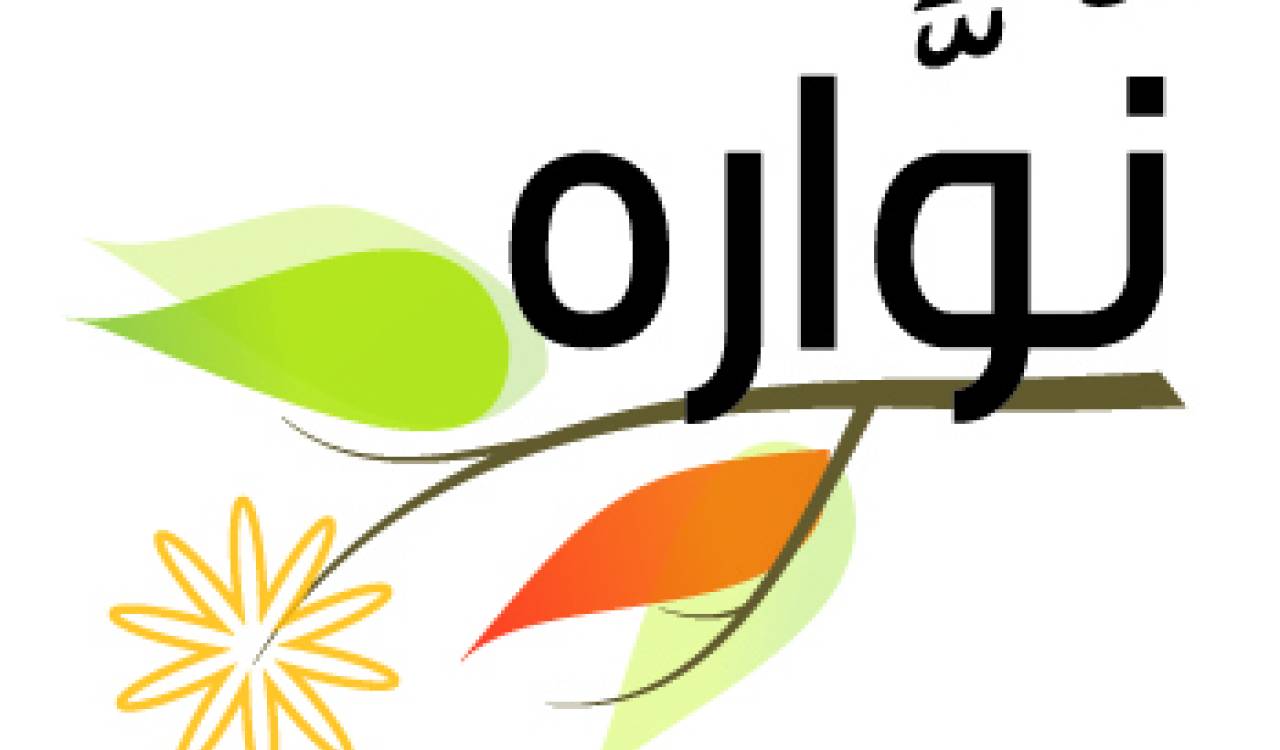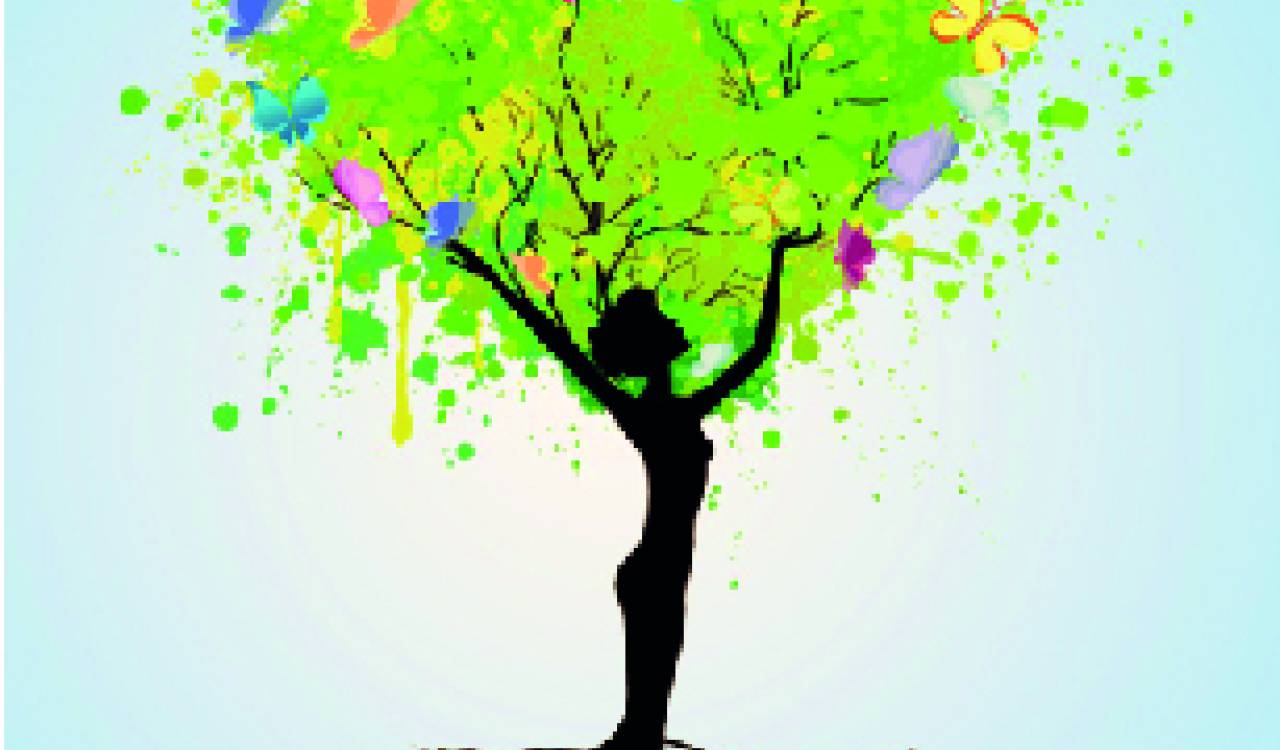
Nouara Discipleship Program (Equipping Potential Leaders)
Why Discipleship?
- Discipleship is preparing new believers to face all the challenges and obstacles. It puts the word of God into action, equipping them to lead others at their churches.
- Disciples of Jesus grow by practice, failure, learning, sitting with groups, meeting other believers, focusing on studying and meditating on the word of God.
- Many come to Jesus and then withdraw because of the lack of discipleship programs in the churches. We find lots of evangelism and lack of discipleship.
- Meet the particular discipleship needs for Arab women to be able to decide for themselves, and confront the pressures of the society around them. Also, provide them with materials and to be equipped with life skills such as communication skills. Plus somebody to listen to them without condemnation.
Description:
It’s a two year and five phase journey with potential leaders which starts from the inside out. The visual representation of the Nouara Program is a tree shaped like a female.
Objective:
Training women who already occupy leading positions in churches or those who show potential to take active roles in churches but lack the needed competencies.
Phases on the five levels
- Personal: This phase is represented by the roots and aims to help them understand themselves and find out what has shaped them to become the women they are now, through the topics:
- Self-esteem
- Upbringing
- Expressing feelings
- Knowing their value in the Eyes of God
- Spiritual: This phase assists women to pursue spiritual growth by becoming more like Jesus Christ.
Main topic addressed is Integrity and it help nourish the trunk of the tree.
- Relational: This phase works toward building healthy relationships with self and others, and focuses on:
- Personal image
- Motivations and the needs behind them
- Inner needs
- Art of communication with others
- Types of characters
- Art of listening
- Body Language
- Balanced life: In this phase, we aspire to give the women the chance to reflect on their current roles in life and seek balance. Believing that healthy roles grow out of the soil of diligent spiritual, physical, mental, and emotional care.
Main topics shared:
- Identifying personal values
- The wheel of life
- “Today can be wonderful!”
- Managing my heart-attitude, my priorities, and my health
- Managing my family and thinking
- Managing my relationships
- Managing my personal growth
Phases 3 and 4 are represented by the tangled branches.
- Leadership skills: Women here are challenged to be productive parts in the body of Christ through:
- Measuring fruitfulness in their lives.
- Exposing hindrances and seeking ways to be more fruitful.
- Discovering their spiritual gifts.
- Pinpointing their visions, putting down their goals, making an action plan and setting priorities.
This last phase of the discipleship program is represented by the fruit on “Nouara” tree. It forms the ultimate desires for the women; where certified graduation takes place.
Fruits of Change
As a result of the Discipleship program, we have reaped fruits of change. Lots of them faced their past, forgave their families and decided to move forward, since they recognized the roots for their thoughts, feelings, attitudes and behaviors.
Equipped women shared gaining better understanding of self and healthier relationships with others. Others let go of the past and had hope for their future and the future of their families. Women were assured of their value in the eyes of God, and learned practically how to express themselves the right way.
Positive change is encouraged in their lives through accountability and mentorship, as they are encouraged to study and work on themselves more
We have witnessed prayer lives and marital relationships being restored and improved. Empowered women started to read their Bibles more and grow in their spiritual lives. Some were challenged to examine themselves in order to pursue integrity and holiness in their lives, and some even made changes in family decisions accordingly. And best of all, many shared the materials in their groups and fields of impact.






